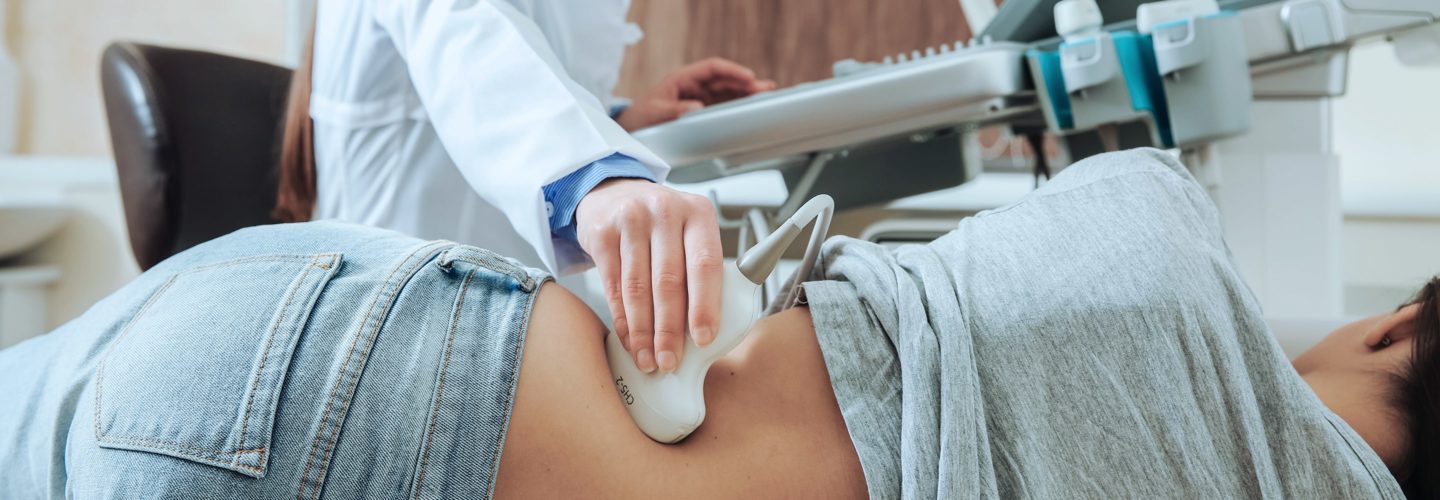Customized Care for Kidney Issues
Maimonides Nephrology specialists treat diseases that specifically affect the kidneys and related conditions caused by kidney disease or dysfunction. Optimal kidney function is essential to removing waste and excess fluid from the blood, balancing electrolytes, and supporting other bodily functions such as blood pressure.
A nephrologist is highly specialized in kidney and hypertension issues and can diagnose and treat complex conditions. Our kidney specialists treat a wide variety of kidney diseases, from acute trauma to chronic conditions. Using the most advanced technology, we diagnose and treat all types of kidney disorders in adults and children, including:
- Electrolyte, potassium, and sodium disorders
- Kidney disease, failure, or insufficiency, which can be associated with:
- Hypertension
- Diabetes
- Lupus
- Kidney stones (prevention)
- Protein in urine
For more information on the Maimonides Children’s Hospital and Pediatric Nephrology and Hypertension services, please visit us at Pediatric Nephrology and Hypertension | Maimonides Medical Center
Nephrology Services
At Maimonides, patients see nephrologists in our outpatient facility for all services, including regular appointments, consultations, and outpatient services. Our nephrologists work in conjunction with other specialists, including urologists and primary care providers, to provide the right treatment plan for each patient and manage kidney disease with both medical and nutritional therapy.
Maimonides provides a full range of treatments for kidney problems, including:
- Complex glomerular DS and biopsies
- Cycler peritoneal dialysis
- Dialysis
- Fluid balancing
- Home hemodialysis
- Medication (avoiding nephrotoxic medications)
- Peritoneal dialysis with full training courses
- Post-renal transplant care
- Pregnancy related kidney care
Learn more about kidney issues:
Electrolyte disorders
Electrolytes are elements and compounds found in blood and other bodily fluids that affect various bodily functions, like regulating muscle contractions and balancing pH levels. The different electrolytes include calcium, chloride, magnesium, phosphate, potassium and sodium.
Electrolyte disorders occur when there are elevated or depleted levels of electrolytes in your body. The kidneys play a crucial role in maintaining proper balance of electrolytes in your body, as they help control the amount of excess fluids and waste. Any conditions such as kidney disease that affects how your kidneys are fulfilling that function can cause fluctuations in your body’s electrolyte levels, leading to various symptoms depending on the specific electrolytes out of balance. Common symptoms include:
- Irregular heartbeat
- Fatigue
- Seizures
- Nausea
- Vomiting
- Diarrhea or constipation
- Cramping
- Headaches
Treatments for electrolyte disorders typically include intravenous fluids and medications, oral medication and supplements, and hemodialysis. One of the best ways to prevent electrolyte disorders is to stay hydrated.
Kidney disease
Kidney disease, also known as chronic kidney disease or renal disease, involves the loss of function of the kidneys. Your kidneys filter waste and excess fluid from your blood, so failing kidneys lead to a buildup of waste that can cause a variety of symptoms. Several conditions can bring about kidney disease, such as diabetes, hypertension, lupus, and other kidney conditions. Common symptoms include:
- Nausea
- Vomiting
- loss of appetite
- fatigue
- sleep problems
- changes in urination
- high blood pressure (hypertension).
Treatment for kidney disease usually involves treating the root condition that caused it when possible, often through medications and changes in diet and exercise. When a patient has end-stage kidney disease (near-complete or complete kidney failure), dialysis can be done to help clear waste from the kidneys. Hemodialysis uses a machine to filter waste and fluids from your blood, while peritoneal dialysis uses a tube to fill your abdominal cavity with a solution that absorbs waste and fluid before draining from your body along with the waste. Kidney transplants are another, surgical option for treating a failing kidney.
Kidney stones
Kidney stones are accumulations of minerals and salts that form inside kidneys. These deposits are often a result of diet, excess body weight or other medical conditions. Kidney stones generally do not cause serious harm, but can bring severe pain as they move around within the kidney or the urinary tract. Other symptoms include changes to the color and smell of urine, persistent urination, nausea and vomiting. Unless the kidney stone is large or blocking the urinary tract, pain medication and drinking lots of fluids typically helps push the stone out. Other treatments like surgery may be needed in more complex cases. At Maimonides, our nephrologists refer patients to our experienced urologists who can help treat patients with kidney stones.
Contact Us
Maimonides Doctors Multispecialty Pavilion
4813 9th Avenue
Brooklyn, NY 11220
718-283-7908






